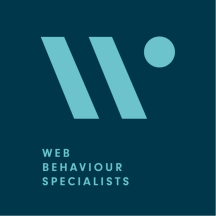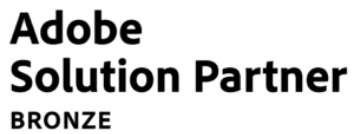I’ve recently passed my Yandex certification and during the training we covered a lot of the differences between Google and Yandex from a user as well as a Paid Media perspective. I thought that some of you might find it useful to understand the main differences between SEO optimisation for Google and Yandex.
Yandex is the main search engine in Russia with a 60% market share. It is also present in Turkey, Belarus, Ukraine and Kazakhstan. When optimising a website for the Russian market you should start with Yandex as a main search engine and then move onto Google. There are many elements, which will apply to both search engines, but it’s important to understand the differences between the two to get the best results in the Russian market. Note that Yandex optimisation will take considerably longer to take affect.
Indexing
The Yandex index is slower at crawling new content in comparison with Google, which means that it will take much longer for any new pages to display in Yandex search results. The Yandex index is re-calculated just a few times a month for static pages and few times a day for blog posts while Google constantly crawls and indexes content. Therefore, benefits of any content strategy will definitely take much longer in Yandex than in Google.
Local SEO
Geo-targeting is very important and a unique functionality of Yandex. It allows users to search in a particular location, not the whole country. For example, for any geo-dependant search query, people will see different results depending on the location they are looking from. With this functionality it’s easier to do SEO for local businesses but more complicated to promote it across different regions.
To apply regional SEO strategy:
- Set-up regional preferences in Yandex Webmaster Tools and Yandex Catalog
- Use regional domains and subdomains
- Create region-specific content
- Include region in meta data like meta description
Backlinks
In 2014 Yandex removed backlinks from it’s ranking factors and reintegrated it one year later. Like the Google Penguin update the backlinks in Yandex can have a positive or negative impact on your rankings. As you would do with Google, you should focus on quality links that are relevant to your business/industry and use them to build your domain authority.
Thematic Index Citation Score
Thematic Index Citation Score (TIC), like PageRank in Google, is scored on a scale of 0-10,000, this will measure site popularity. The score is the same for every page on the website and it helps to determine the quality and credibility of the content, as well as the quality of the backlinks.
On-page optimisation
The most important on-page factors in Yandex differ slightly from Google’s and your optimisation efforts should be focused on:
- Title tags
- Heading tags
- Keywords in URLs
- Internal linking
- Alt tags
Content
Like Google, Yandex likes fresh, unique and interesting content written for users. Regular content updates are important and there is no clear answer as to how often the content should be updated but it will depend on the type of business/website you are running. As with Google, Yandex might penalise you for the duplicated content or any technical mistakes on the site. Content quality and keyword density are the main ranking factors for Yandex.
Domain age
It is a very important factor for Yandex. It is believed that older domains are more trustworthy and better than the newly generated ones. It might be challenging for new websites to get high rankings, although not impossible.
User behaviour
User behaviour is another very important factor for Yandex, more important than for Google – websites on which users stay longer and visit only a few pages per visit rank much better than less engaging websites.
Mobile optimisation
As Google have already done, a few months ago Yandex began to label mobile-friendly websites. Yandex doesn’t remove pages that are not mobile friendly from search results pages, but they may not rank as high depending on which devices users are searching from.
Black hat techniques
Like all other search engines, Yandex doesn’t like black hat SEO techniques like hidden text, low quality content, keyword stuffing, cloaking, buying links, doorway pages, etc.
So if you are looking to gain exposure in Russia, you should definitely take the above points into account while optimising your site to ensure your website is Yandex SEO friendly.
Agnieszka Szrubkowska








